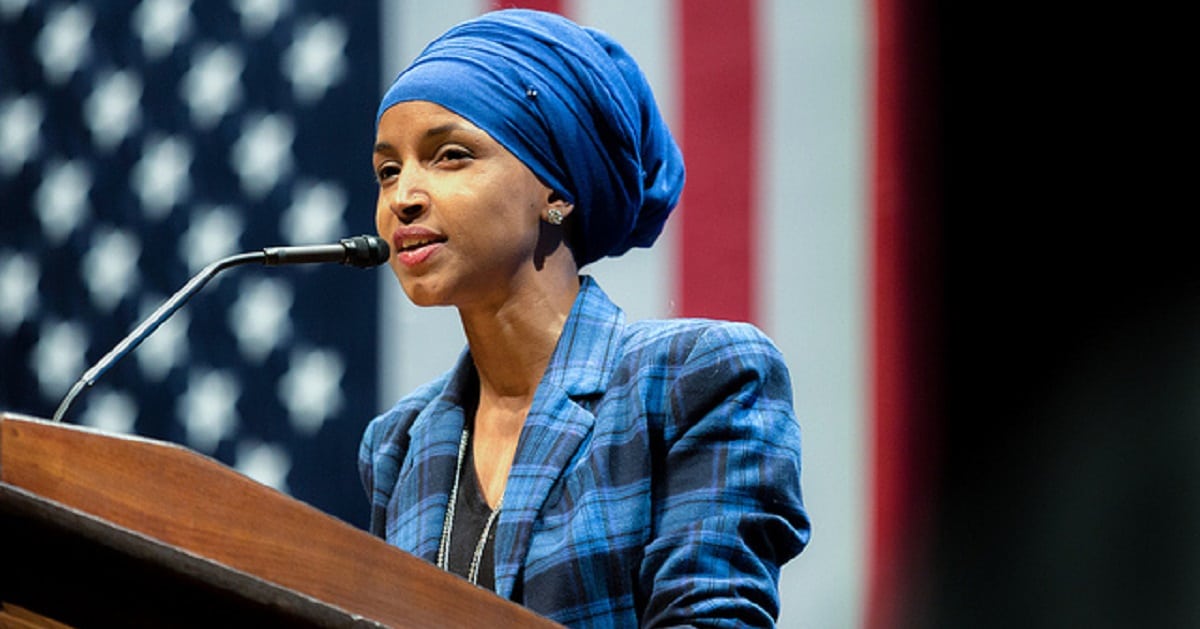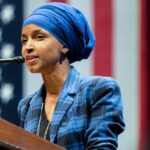





In a surprising move, Vice President Kamala Harris has opted out of media interviews, including a notable decline for Time magazine.
Fox News reported that amidst her emerging presidential campaign, Vice President Kamala Harris has avoided the press, turning down all interview requests, including a prominent one from Time magazine.
The Vice President has maintained a low profile with the media, not participating in any formal press conferences or sit-down interviews for 22 days since securing the Democratic nomination.
This retreat from media engagement follows President Biden’s unexpected withdrawal from the presidential race.
Historically, presidential candidates, including former President Trump and President Biden, have engaged with media outlets like Time for interviews. Harris’ refusal marks a significant deviation from this norm at a crucial time in her campaign.
Time magazine went ahead with a cover story on Harris despite her absence from an interview. The article painted a glowing picture of Harris, with descriptions that mirrored the charisma found at large-scale concerts and early political rallies of renowned figures.
The Time article featured positive remarks from several prominent Democrats. Transportation Secretary Pete Buttigieg praised Harris for her swift consolidation of the Democratic Party, describing it as a "feat" of flawless public engagement.
Further endorsements came from gun control advocate David Hogg and Senators Cory Booker, with Booker comparing Harris' development from a "Padawan to a Jedi master," underscoring her growth in political stature.
Representative Adam Schiff also commented on the challenges vice presidents face in stepping out from the presidential shadow, noting the delicate balance of responsibility and policy influence they must navigate.
At a recent campaign event in Michigan, Harris hinted at more media openness, telling supporters about plans to schedule an interview before the month’s end. This statement suggests a potential shift in her media strategy as the campaign progresses.
Despite the media standoff, Harris’ campaign continues to draw significant public interest, with supporters and Democratic allies expressing confidence in her capabilities and leadership style. The enthusiasm at her rallies likened to high-energy concerts, indicates strong grassroots support.
Time magazine, despite being declined an interview, noted Harris' absence in the media landscape, emphasizing the need for her to articulate policy positions and shifts clearly. The article, while highly favorable, pointed out the contrast between her public appearances and the lack of detailed policy discussion.
Questions about Harris' strategic avoidance of the media continue to loom large, with comparisons drawn to her predecessors’ more open media engagement during their campaigns. The lack of direct interaction has sparked discussions about the transparency and accessibility expected of presidential candidates.
Supporters like Pete Buttigieg have remarked on the impeccable timing and execution of Harris’ campaign tactics, emphasizing the positive "vibes" she brings to the electoral contest, as noted by David Hogg.
As the campaign heats up, the Democratic nominee’s approach to media relations will likely remain under close watch, with potential implications for voter perceptions and campaign dynamics.
In conclusion, Vice President Kamala Harris’s current media strategy represents a stark contrast to traditional presidential campaigning, characterized by her avoidance of press engagements.
Despite this, her ability to galvanize support at rallies and the positive coverage from allies and media alike underscore a possibly strategic choice to control the narrative on her own terms. As Harris plans to schedule future interviews, the political sphere watches keenly to see how this tactic will unfold in the intense run-up to the election.



